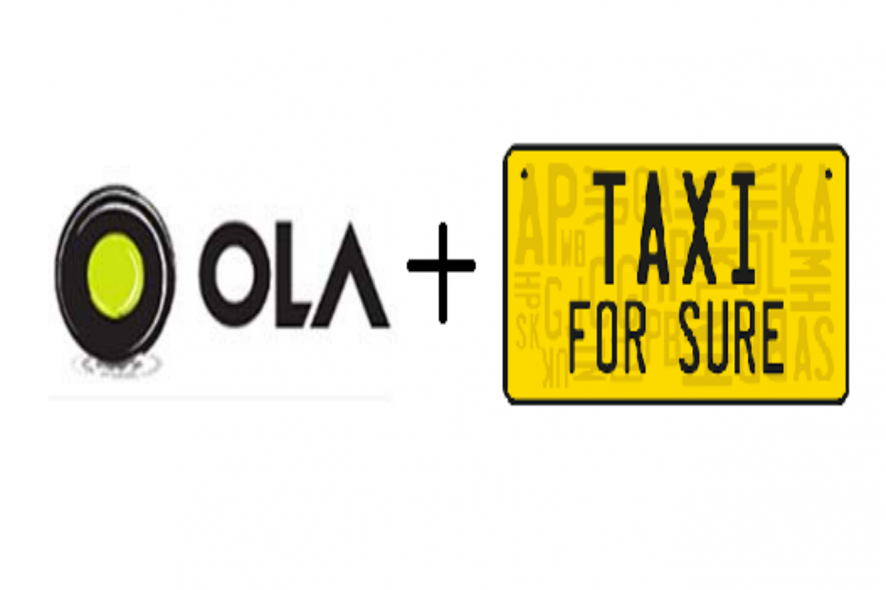Competition Commission of India: While dealing with case relating to predatory pricing allegations against ANI Technologies Private Limited (Opposite Parties), the Commission held that no case could be made out against the ANI Technologies Pvt. Ltd. under the provisions of Section 4 of the Competition Commission Act, 2002.
In the present case, the Informants are drivers of auto rickshaws and taxis who are currently plying their vehicles in Delhi whereas the Opposite Party is a Mumbai based company providing radio taxi services in various States/cities in India under the brand name ‘OLA’ and ‘Taxi For Sure’. It is stated to be holding a dominant position in the market for auto rickshaw and city taxi services collectively referred to as the ‘Paratransit Services’. It is alleged that the Opposite Party has been contravening the provisions of Section 4 of the Act by paying more money to the drivers than it collects from the passengers. As per the Informants, it is driving out existing players from the market and preventing new players from entering the market. With regard to abuse, the Informants have also contended that the Opposite Party provides huge discounts to the riders (consumers) and offers incentives per trip to the drivers. The fare charged by it from its riders is alleged to be abysmally low and is claimed to be less than one-third of the government prescribed rates. Based on the foregoing, the Informants have, prayed before the Commission for a direction to the Opposite Party to stop indulging into predatory pricing.
The Commission after thorough analysis and deliberation observed that auto rickshaws and taxis, despite offering similar services, are different from each other by virtue of their basic characteristics, consumer preference, prices etc. Within a city, consumers can travel/commute by local or private buses, taxis, auto rickshaws, etc. However, owing to the difference in comfort, time taken by various modes of transportation, buying power of the consumer (rider) etc., these different alternatives do not qualify to be substitutes for each other. Thus, these are not substitutable in terms of the factors provided under the Act and cannot be categorized as part of the same relevant market. Auto rickshaws and taxis may be serving the same intended use but owing to different perception they hold in the eyes of the consumers in terms of convenience, prices and facilities etc., they fall under different relevant product markets. Hence, the Opposite Party held not to be dominant in radio taxi services market in Delhi.
The Commission with regard to the market for auto-rickshaws in Delhi and contention of the Informants that there are approximately 16,000 auto rickshaws under the Opposite Party’s network in Delhi noted that as per the information available on the website of Government of NCT of Delhi (Economic Survey 2014-15, Planning Department), the number of auto-rickshaws in Delhi was around 81,000 in 2014-15 and assuming that this number has not increased substantially, the market share of Opposite Party would be around 19.75%. Though market share is not the only factor to assess dominance, it is one of the key factors in determining the position of dominance. It seems implausible that with such a low market share, the Opposite Party would be in a dominant position in the market for auto rickshaws in Delhi. Therefore, the Commission held that no case under Section 4 of the Act is made out against the Opposite Party in any of the relevant markets. [Mr. Vilakshan Kumar Yadav vs Ani Technologies Private, 2016 SCC OnLine CCI 45, decided on 31st August, 2016]







